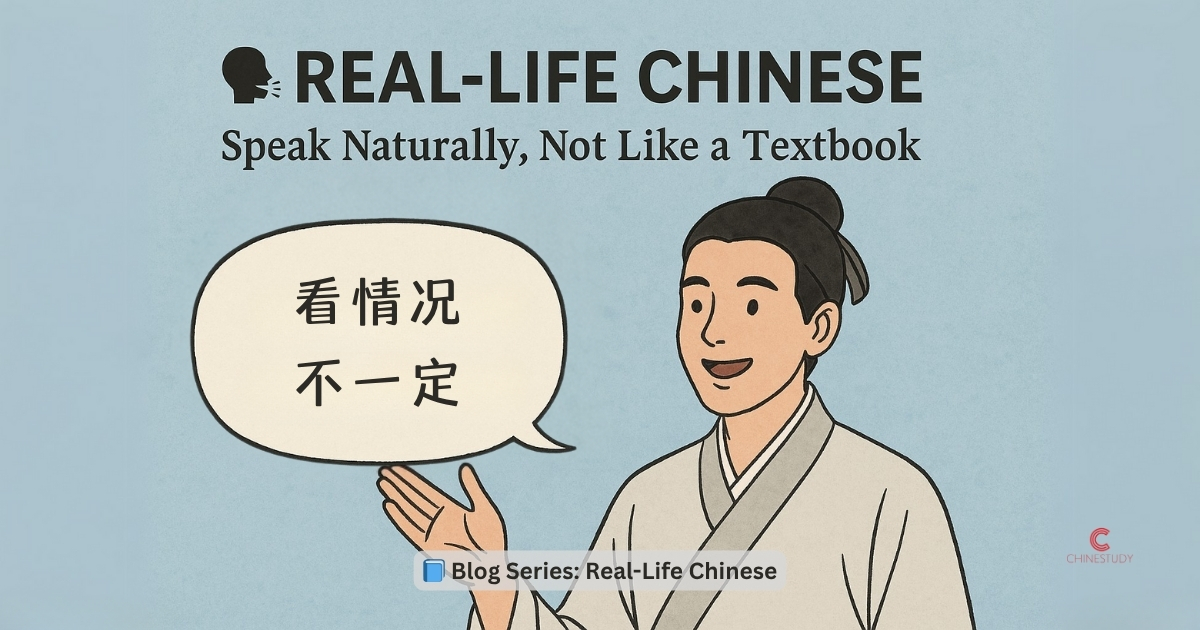
🗣️ How to Say “It Depends” Naturally in Chinese — Not Just “我不知道”
Want to say “it depends” in Chinese and sound natural? Instead of the textbook “我不知道” (wǒ bù zhīdào), try native phrases like “看情况” (kàn qíngkuàng) or “不一定” (bù yídìng) to sound more flexible and conversational.
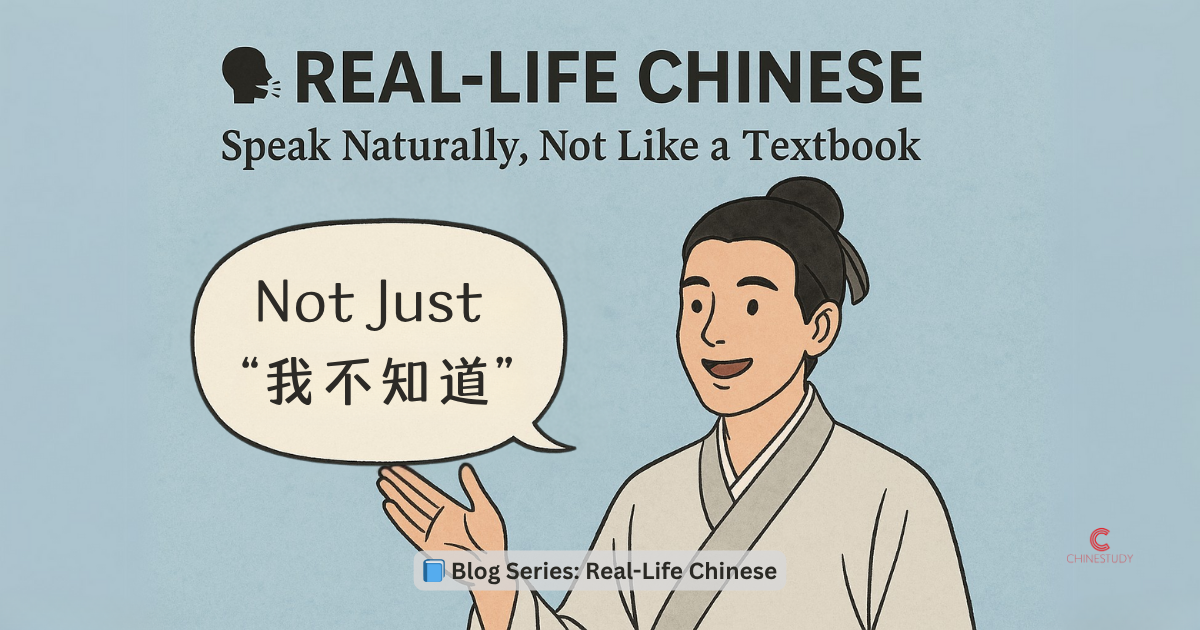
🗣️ How to Say “Let’s Wait and See” Naturally in Chinese — Not Just “我不知道”
In real conversations, Chinese people don’t always say “我不知道” to delay a plan. Learn natural phrases like “到时候再说” and “再看看吧” to sound polite, warm, and flexible — just like native speakers.
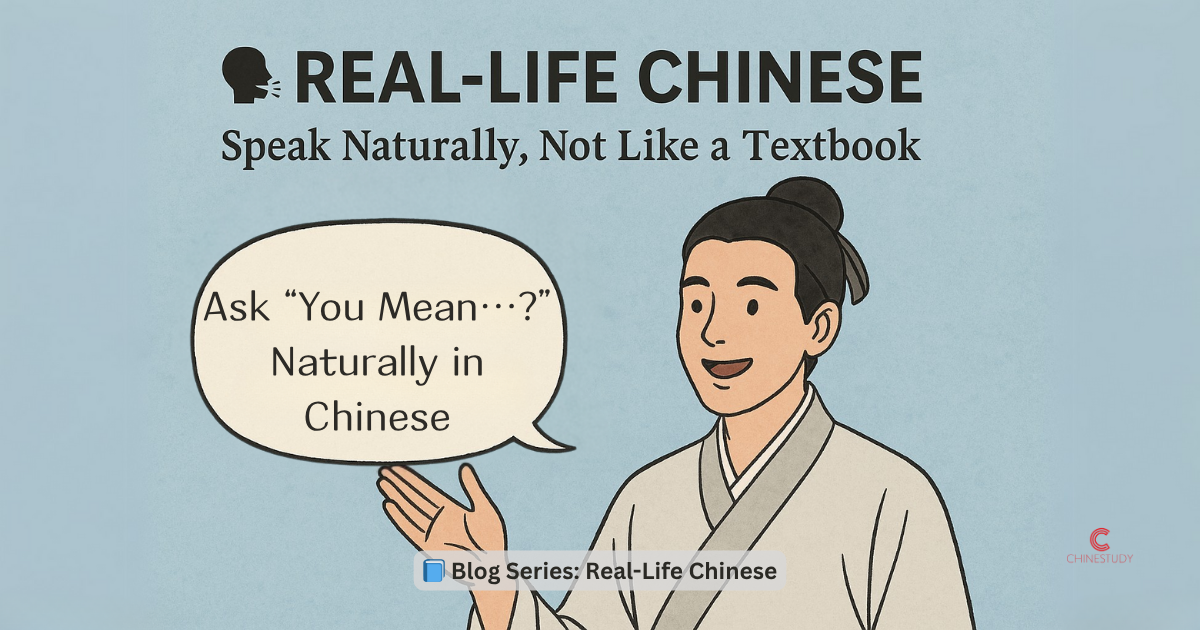
📝 How to Say “You Mean…?” Naturally in Chinese — Not Just “我不明白”
Want to clarify what someone just said? Don’t say “我不明白”! Use real-life Chinese phrases like “你的意思是…?” or “所以你是说…?” to sound more natural and polite.

🗣️ How to Say “I’m Not Free” Without Sounding Cold — Not Just “我没空”
“我没空” is correct, but it can sound cold. In this post, you’ll learn how to say “I’m not available” more naturally with phrases like “最近挺忙的”, “改天吧”, and “看情况吧”.
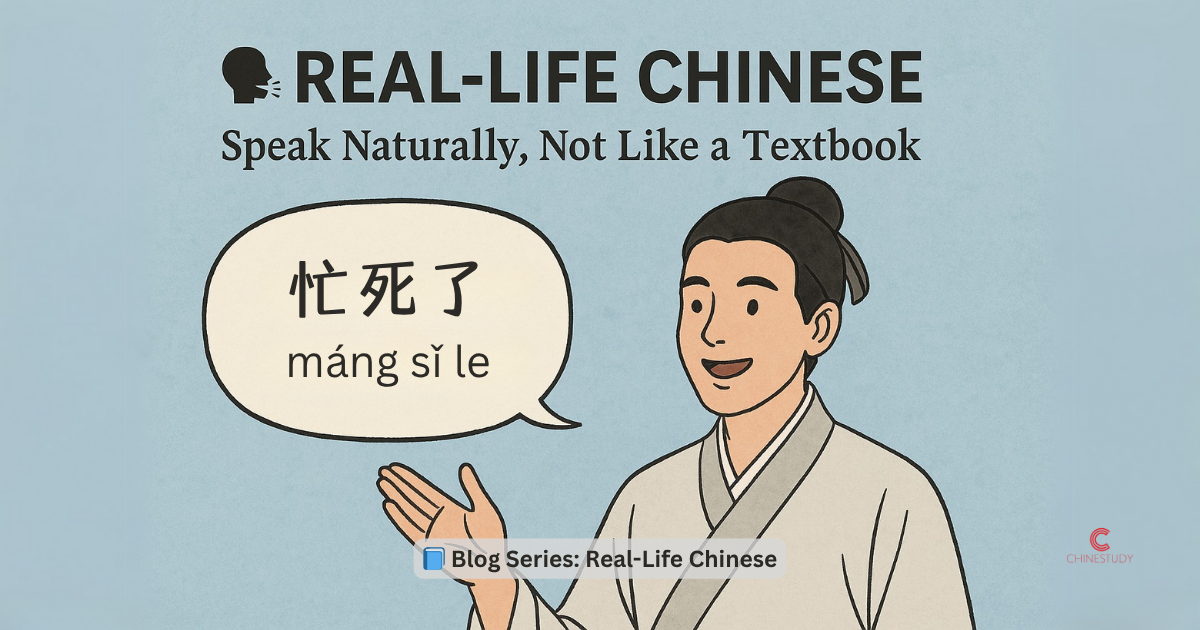
How to Say “I’m Busy” Naturally in Chinese — Not Just “我很忙”
“我很忙” is correct but sounds robotic. Learn how native speakers really say they’re busy with phrases like “挺忙的” and “忙死了” — colorful, casual, and truly Chinese.
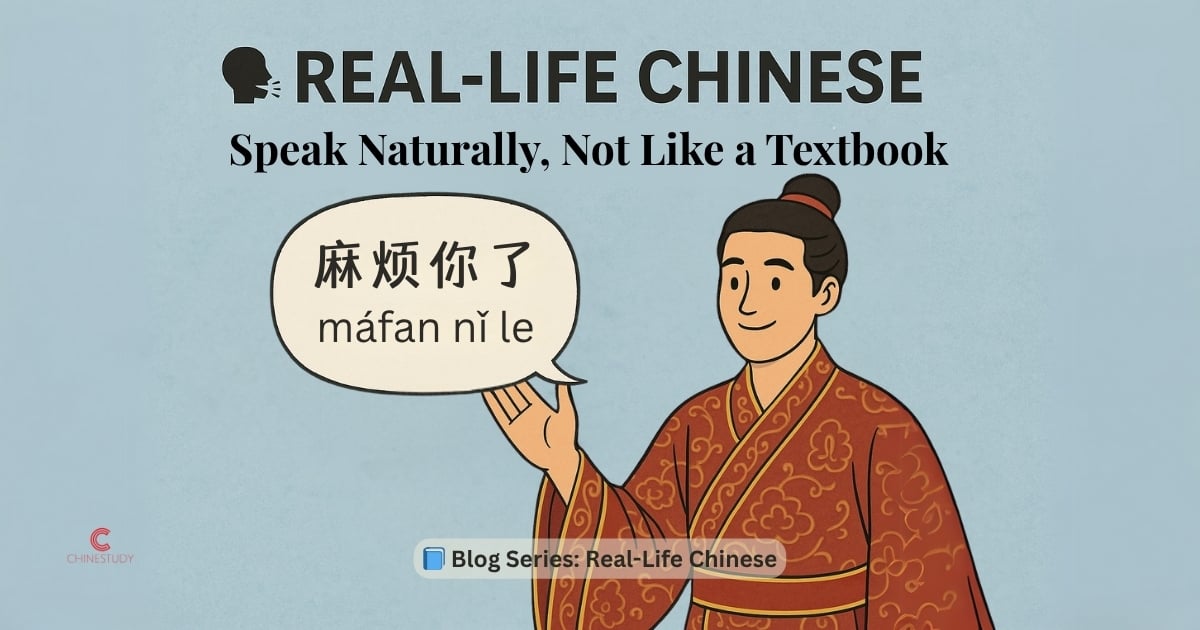
How to Say “Thank You” Naturally in Chinese — Not Just “谢谢”
“谢谢 Xièxie” is polite, but it can sound generic. Learn three heartfelt ways to show gratitude the way native speakers do.
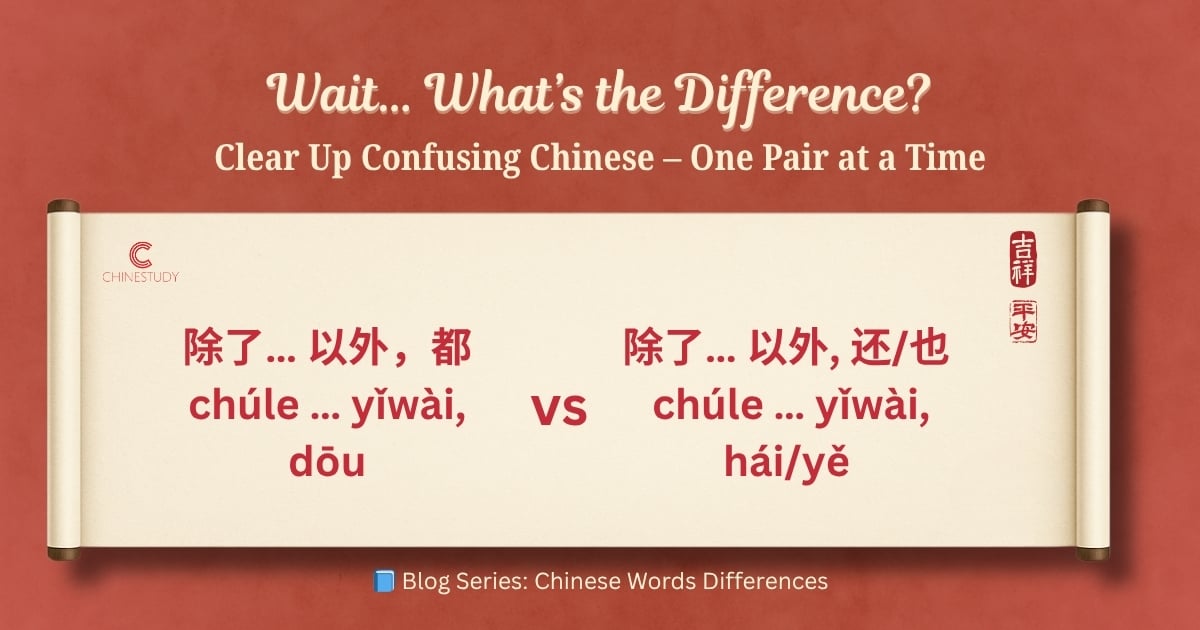
🤯 除了…以外,都 vs 除了…以外,还 / 也 – What’s the Difference?
Learn the key difference between exclusive and inclusive meaning in Chinese using 除了…以外. Should you use 都 or 还?This blog clears it up with simple rules and fun examples.
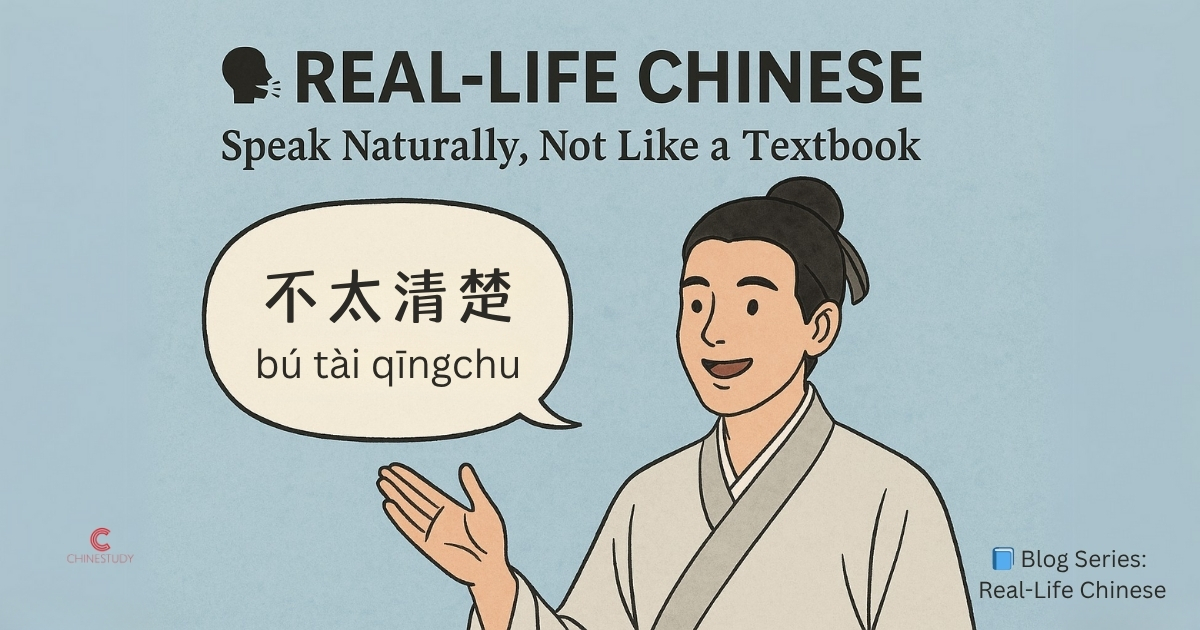
How to Say “I Don’t Know” Like a Native — Not Just “我不知道”
“我不知道” sounds flat and too direct in daily conversations. Learn how to sound more natural by saying “不太清楚” — a softer and more real-life way to say “I’m not sure.”
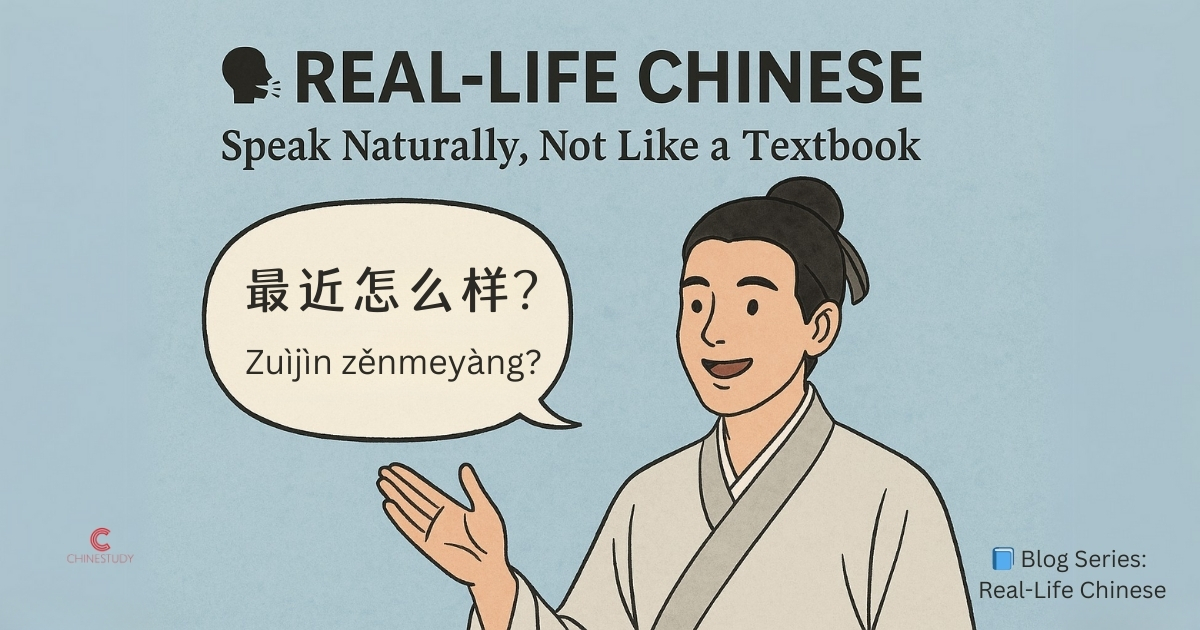
How to Ask “How Are You” Naturally in Chinese — Not Just “最近怎么样”
“你好吗?” sounds too formal. Here’s what native speakers say instead — and why it matters for your daily Chinese.
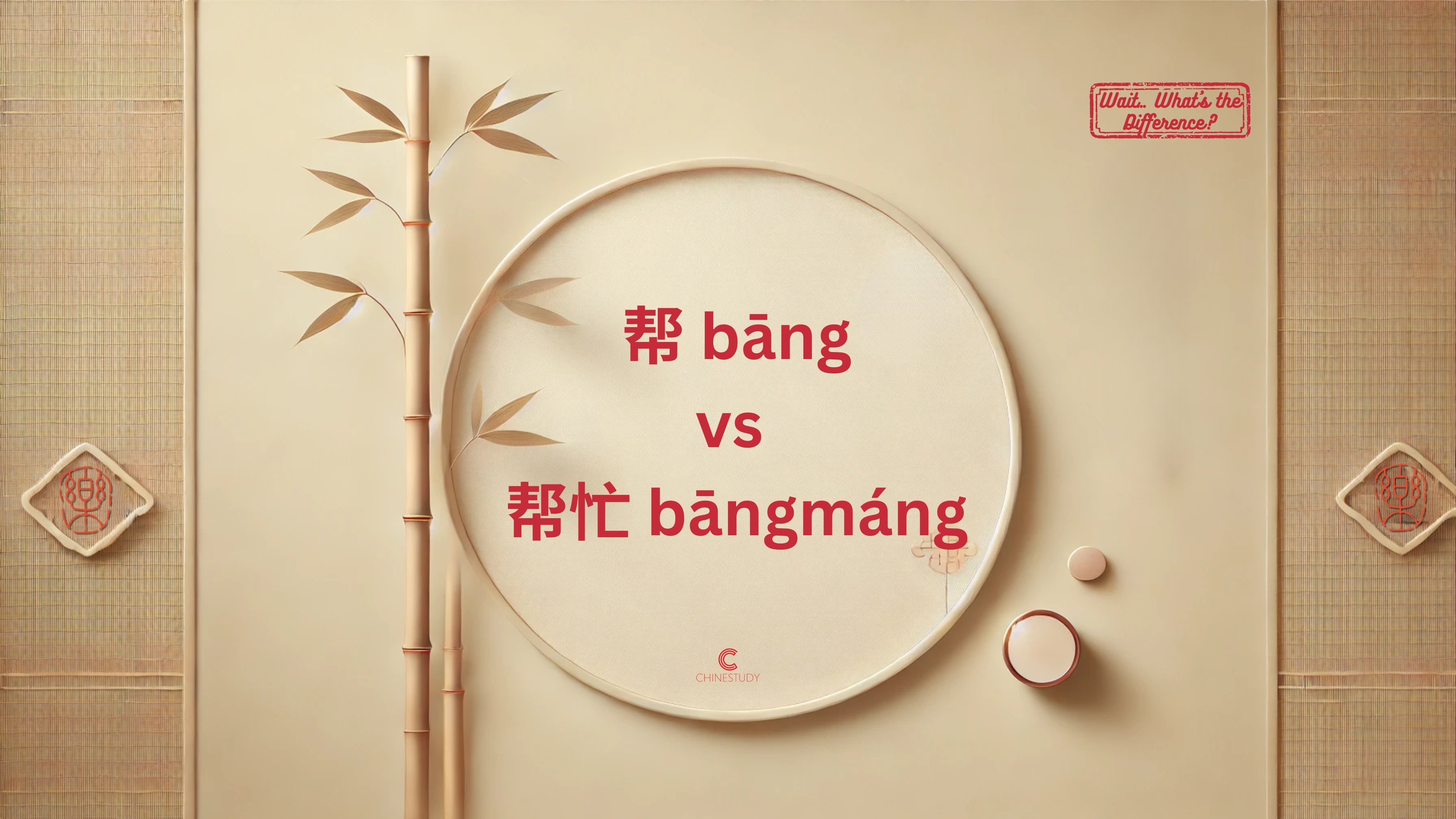
🔍 帮 bāng vs 帮忙 bāngmáng – What’s the Difference?
Learn how to use 帮 and 帮忙 correctly in Chinese. This short guide explains the difference with clear examples and helpful tips for learners.
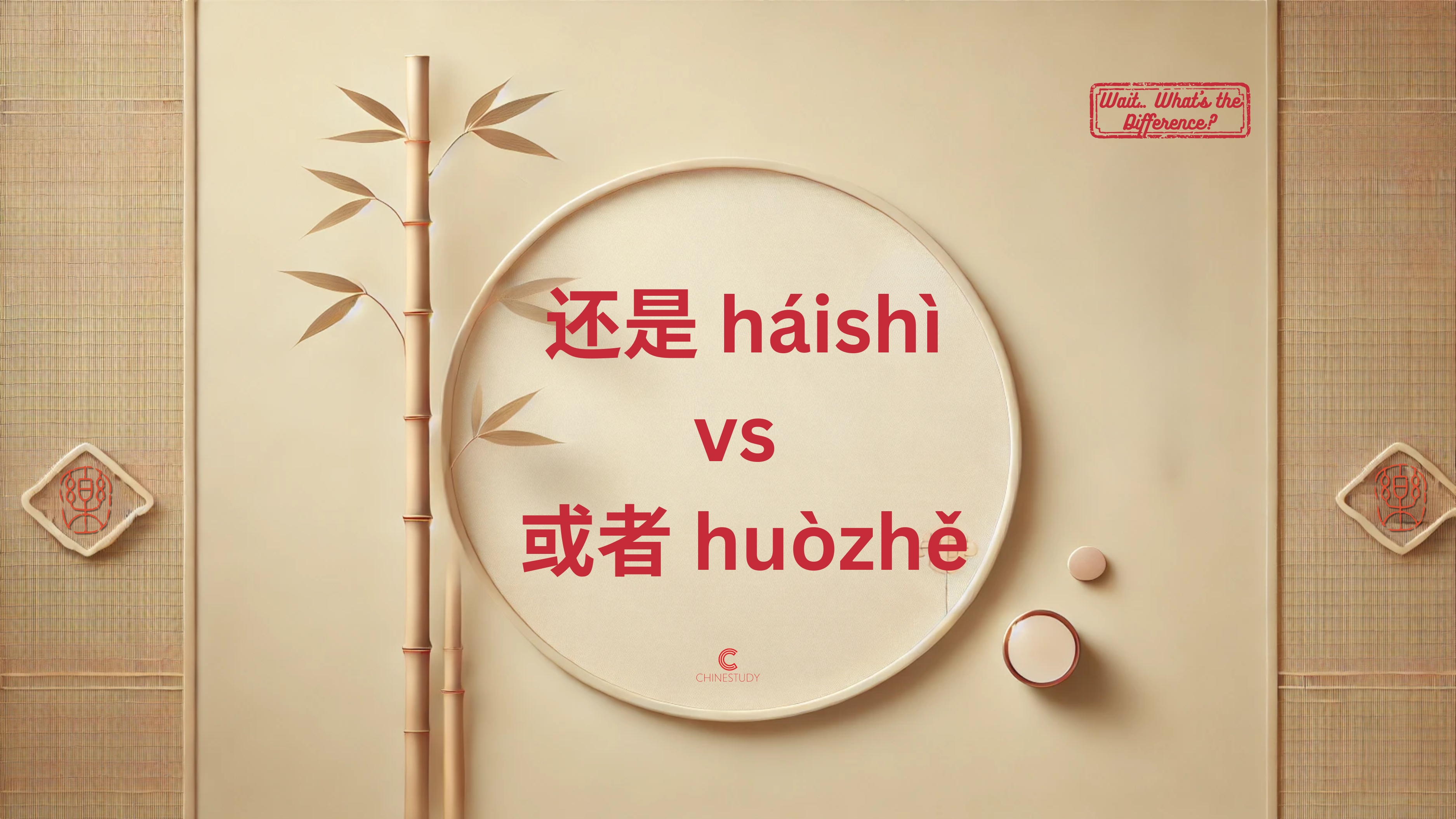
🔍 还是 háishì vs 或者 huòzhě – What’s the Difference?
Learn when to use 还是 (háishì) and when to use 或者 (huòzhě) in Chinese. This post explains the difference with clear examples, common mistakes, and fun practice. Perfect for beginner learners!
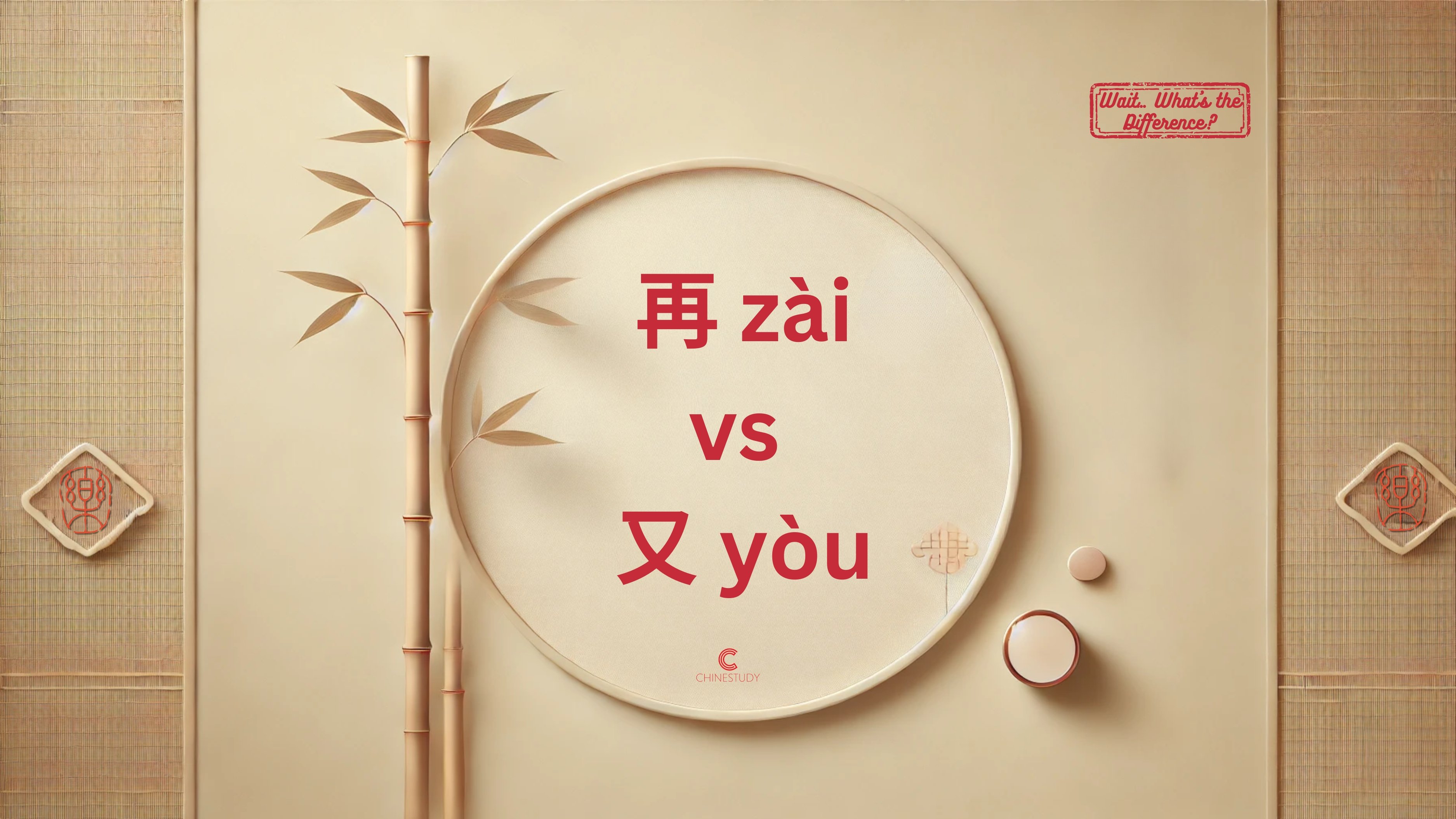
🧐 再 zài vs. 又 yòu – What’s the Difference?
Confused about 再 (zài) and 又 (yòu)? Learn the difference with easy examples and clear explanations. Know exactly when to use each one and avoid common mistakes!

😅 我见面了一个朋友。 Wait… That’s Wrong?!
Do you say "我见面了一个朋友"? It's a common mistake! Learn how to correctly use the separable verb 见面 (jiànmiàn) in Chinese.
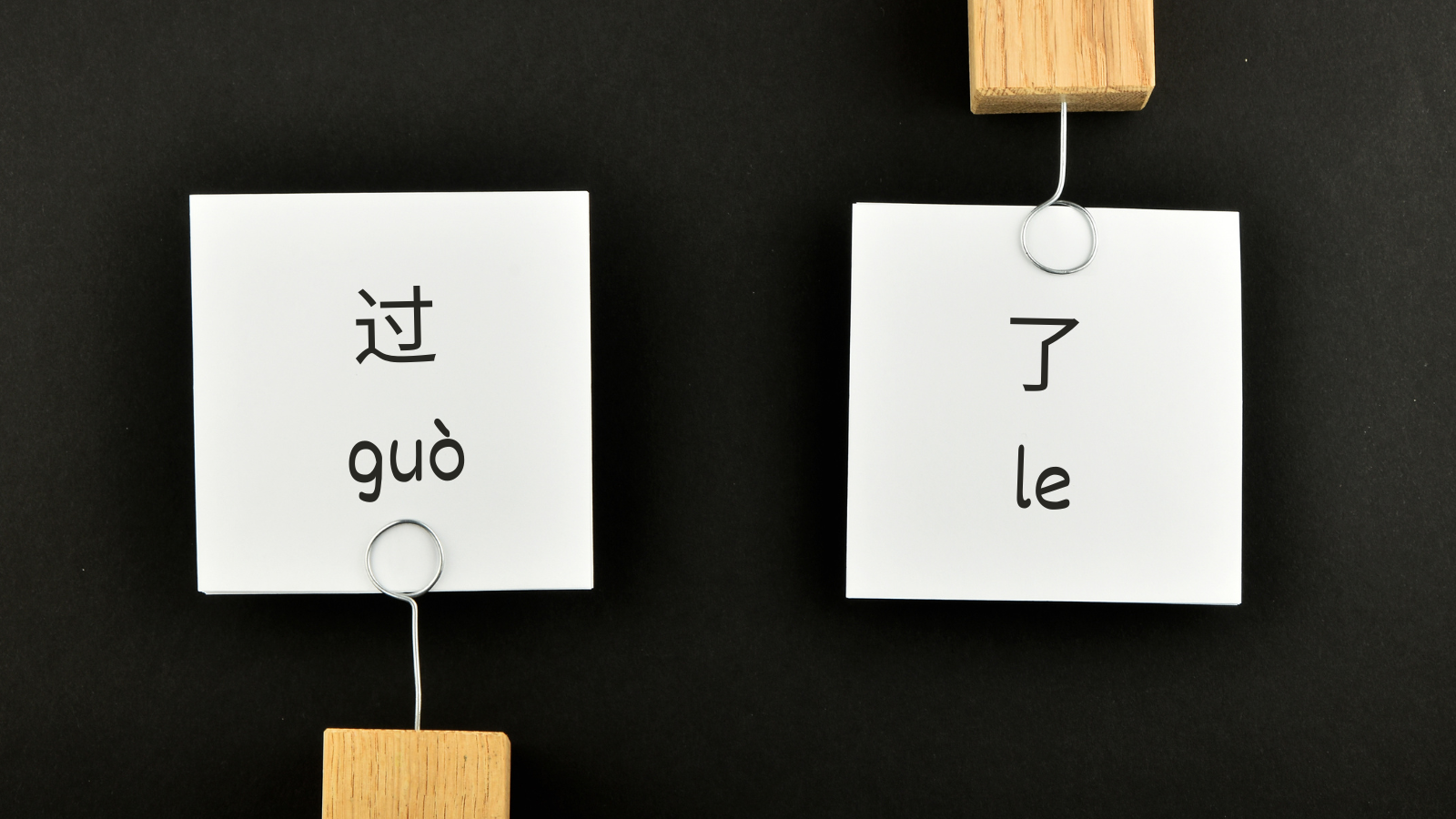
What's the difference? 过 (guò) vs 了 (le)
Did you know that mastering 过 (guò) and 了(le) is a cornerstone in Chinese language proficiency? Let's delve into the art of using these two vital words - why, when and how to use them!
